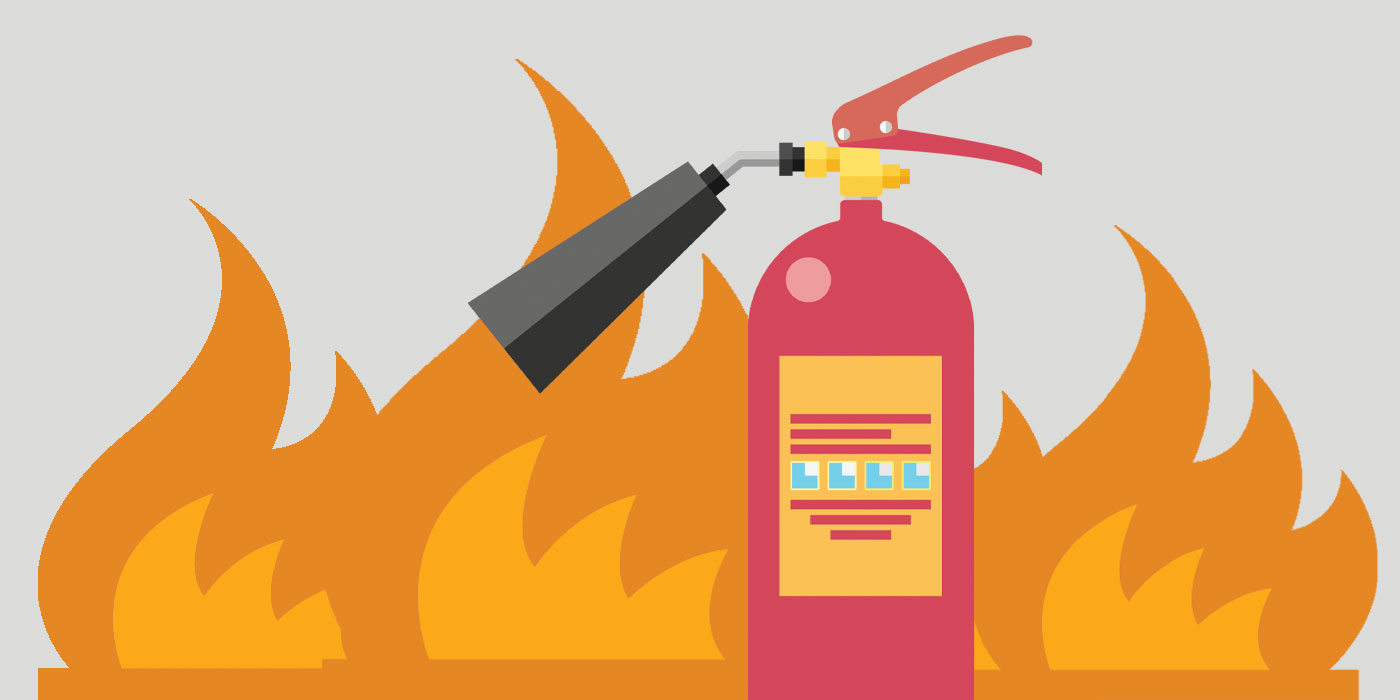Fire protection is a necessity for any Sydney business. It’s not only a legal requirement but also a method of keeping the property, employees and customers secured. Fires can cost a lot within a matter of minutes. But with appropriate safety measures in place, a lot of these risks can be prevented or reduced. Fire inspections and regular testing of electrical systems and conformity with CFSP standards all work in creating a safe and secure environment.
The importance of fire inspections for safety
Fire inspections provide the first protection against potential hazards. These inspections confirm that the fire safety system in the building is current and functioning. Most businesses located in Sydney are required to perform inspections six or twelve times annually, based on the kind of building they are operating as well as the rules of the council. Inspections typically cover everything from fire alarm panels and sprinkler systems to smoke alarms and hydrants to extinguishers and emergency lighting.

Inspections are important because they can detect concealed issues before they become hazardous. In a situation of emergency, a small flaw in a smoke detector or an unreliable fire hydrant could appear to be insignificant. When they conduct periodic fire inspections business owners are not just meeting the requirements of compliance, but are also taking active steps to ensure their workplaces are protected from unexpected disasters.
Testing and Tagging For Electrical Safety: Addressing Hidden Security
Electrical systems are one of the leading causes of workplace fires, which is why testing and tagging should always be part of a fire safety plan. The process involves testing electrical devices for safety, functionality and compliant, then adding a tag to show that the item has been inspected. This is a legal requirement which is not always straightforward to meet. For many companies it’s a way to protect themselves from the possibility of a risk.
A faulty appliance, old wiring or damaged cables could be a fire hazard If not properly checked. Through conducting regular tests and marking, businesses decrease the possibility of electrical issues that could cause fires. Employees are also assured that the work environment is safe. This creates a sense of trust and confidence within the workplace. The combination of testing, tagging, and fire inspections makes a comprehensive safety plan that lowers the risk on many aspects.
The role of CFSP in ensuring compliance and Certification
Only a Competent Fire Safety Professional (CFSP), who is located in New South Wales, can confirm and sign crucial fire safety documents like Annual Fire Safety Statements. Introduction of CFSP certification has enhanced fire safety standards by ensuring only professionals are qualified to examine and confirm safety. If business owners are working with a CFSP, inspections and reports will no longer be merely a regular report but an accurate evaluation performed by experts.
The role of the CFSP goes beyond checking boxes. These practitioners assess the condition and performance of fire protection systems, provide thorough reports, and verify the compliance of regulations. Firms that do not possess CFSP certification risk being fined, facing legal issues or even closing down should they be found as lacking in fire protection. By partnering with professionals accredited in fire safety, it is possible to ensure that your systems are kept in good order. In addition, you’ll be able to fulfill compliance obligations without any unnecessary anxiety.
Fire Safety is a Continuous Involvement
The safety of your fire system is an ongoing requirement for all business owners. The cycle of safety is never-ending with regular inspections, testing of electrical systems constantly, and getting certification under CFSP supervision. Beyond legal compliance the continuous approach creates the culture of safety in the workplace. Employees are reassured that clear evacuation plans are in place and that smoke alarms are in place and tested for emergency lighting and fire suppression systems are in place for use.
Fire safety is a continuous process, not a checkbox which businesses must mark each year. This reduces risk and enhances the reputation of a company. When safety is prioritized customers and clients are more comfortable. A proactive, long-term approach to fire protection could save you costs by preventing costly damages and legal disputes, as well as fines. Also, it protects all those in the building.
Conclusion
The safety of your property in Sydney requires a multi-layered strategy which includes fire inspections, testing and tagging and an official certification from a CFSP. Each component is vital to making sure that businesses comply with the regulations, and more important, that property and people are secured. Companies that place safety as a priority in their operations and not just a side note will meet their legal obligations as well as make a more stable and secure environment.